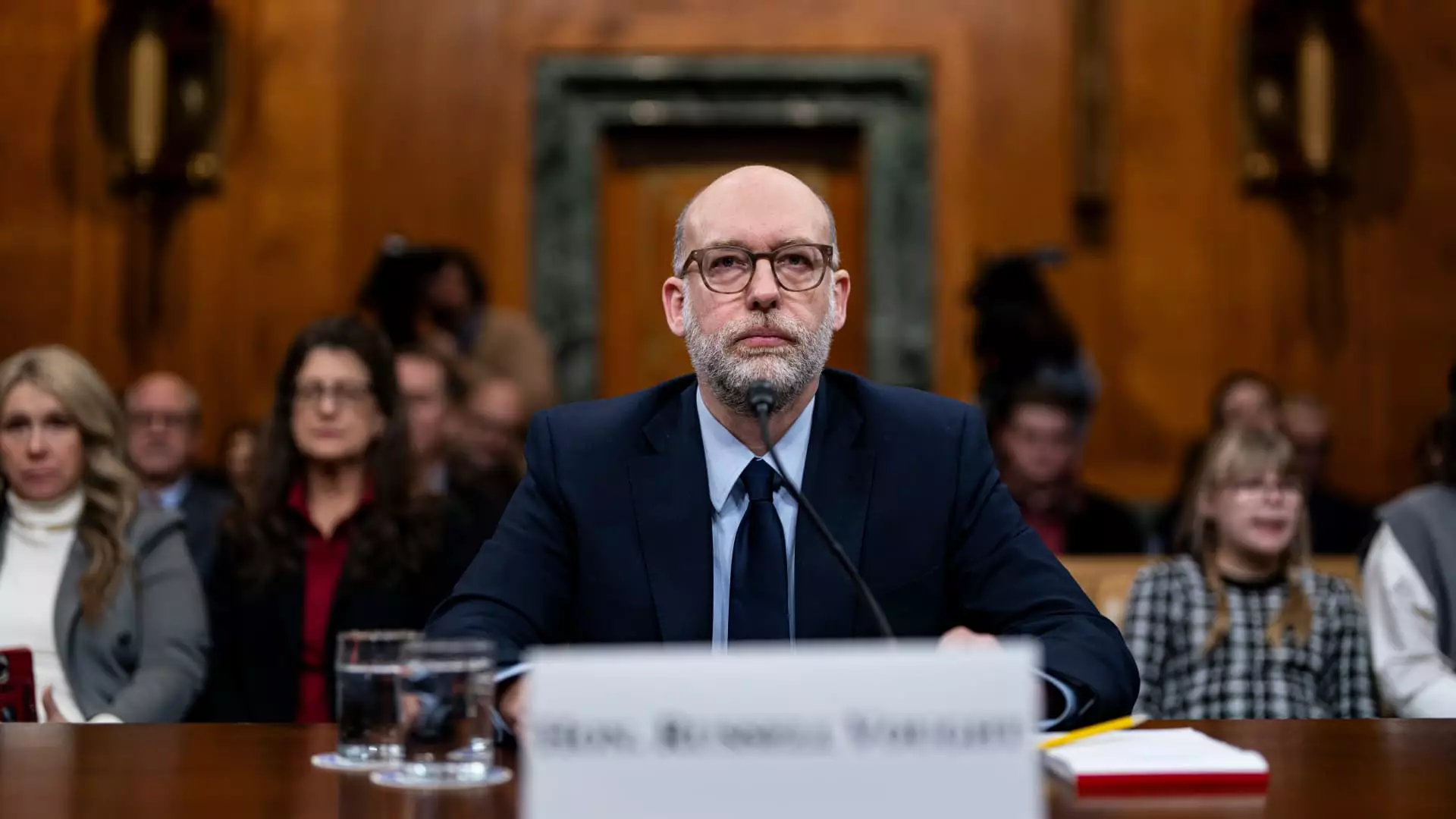The Consumer Financial Protection Bureau (CFPB) is undergoing a significant transformation that has left many in the legal and financial communities questioning the agency’s direction. Following the appointment of acting director Russell Vought, the CFPB has swiftly dismissed several enforcement lawsuits initiated by the previous administration under Rohit Chopra. This sweeping action is emblematic of a broader shift in priorities and a potential redefinition of the agency’s mission amid evolving leadership dynamics.
Dismantling Previous Strategies
On a day steeped in tension and scrutiny, the CFPB announced voluntary dismissals of lawsuits targeting notable defendants including Capital One, Berkshire Hathaway’s Vanderbilt Mortgage & Finance, Rocket Homes Real Estate, and the Pennsylvania Higher Education Assistance Agency. The language used in these filings—”dismisses with prejudice”—signifies a definitive break from prior legal strategies that directly impacted these financial entities. The decision to withdraw these cases highlights a calculated pivot, signaling that the CFPB may no longer endorse the aggressive enforcement tactics that defined Chopra’s tenure.
The abrupt changes have raised alarms about the future of regulatory oversight. Firms that were previously under investigation might now feel a sense of relief, knowing that their legal troubles could be dissipating. However, this retreat may also cast a long shadow over enforcement reliability. The message sent is clear: the CFPB under its new leadership is willing to take a step back from aggressive enforcement, possibly fostering an environment where financial institutions feel less pressure to adhere to stringent consumer protection standards.
The dismissal of legal cases is but one facet of a comprehensive overhaul at the CFPB. Vought’s leadership style is characterized by a stark departure from his predecessor’s methodologies. Alongside the closure of the CFPB’s Washington headquarters and the termination of approximately 200 staff members, the agency’s strategic focus appears to pivot toward deregulation and reduced oversight. Current discussions within the agency suggest that even cases slated for upcoming hearings may be reconsidered or canceled altogether, indicating a sweeping ideological shift.
This change coincides with critical hearings involving Jonathan McKernan, President Trump’s nomination for the CFPB’s permanent director. The political implications of the agency’s direction cannot be overlooked, as changes in leadership often reflect broader administration agendas. As the agency grapples with its new identity, it must contend with balancing consumer protection with the increased flexible approach being promoted by the current administration.
The recent developments at the CFPB reveal a tumultuous period for consumer financial oversight in the United States. As the agency pivots away from its previous enforcement strategies, the implications for consumers and financial institutions will unfold in the coming months. While some may welcome a more lenient regulatory environment, the potential erosion of consumer protections raises questions about the future of equitable financial practices. As we observe these changes, it is important to remain vigilant about the balance between fostering a dynamic financial marketplace and safeguarding consumer interests.


Leave a Reply